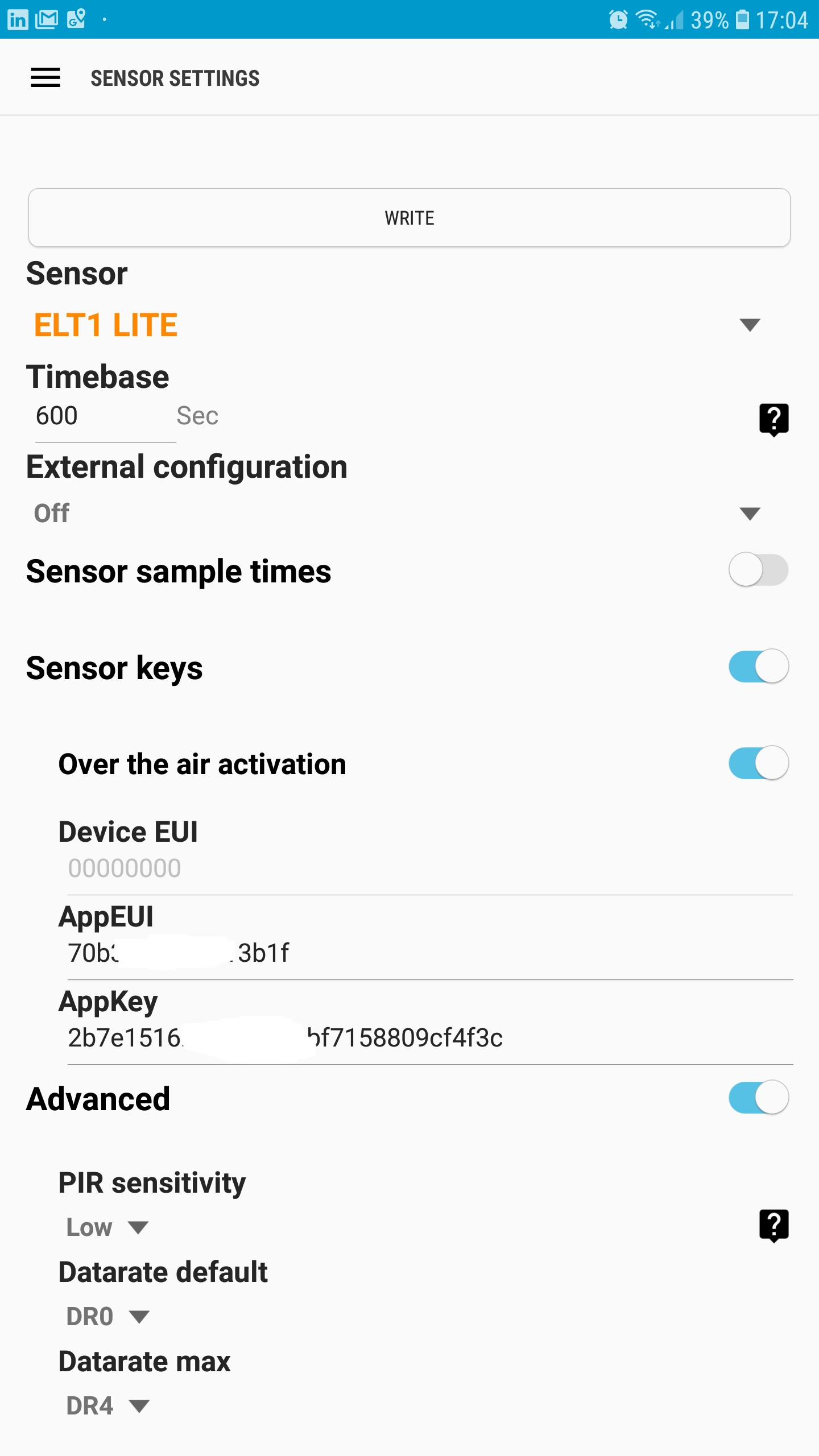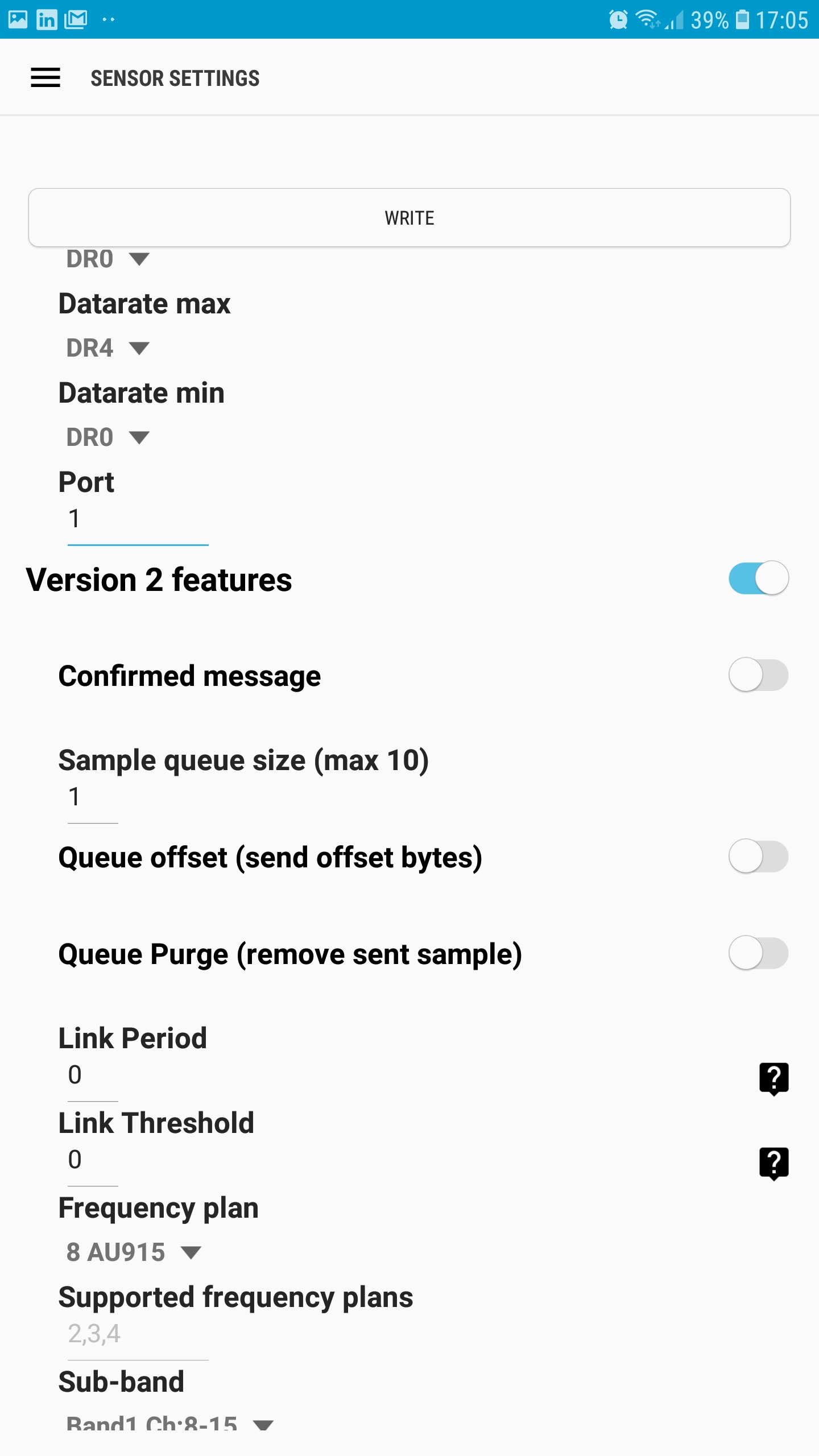Hello Guys,
I’m using a TTN gateway that is working well with some devices but I can’t connect a couple of elsys devices ( ELT-Lite and ELT-HP-2).


I don’t know what I’m doing wrong. People here said that is working but I wasn’t able to find a “howto”. So, it’s very very easy or I’m very stupid (or both).
I found this related pages:
Thanks in advance for any help.